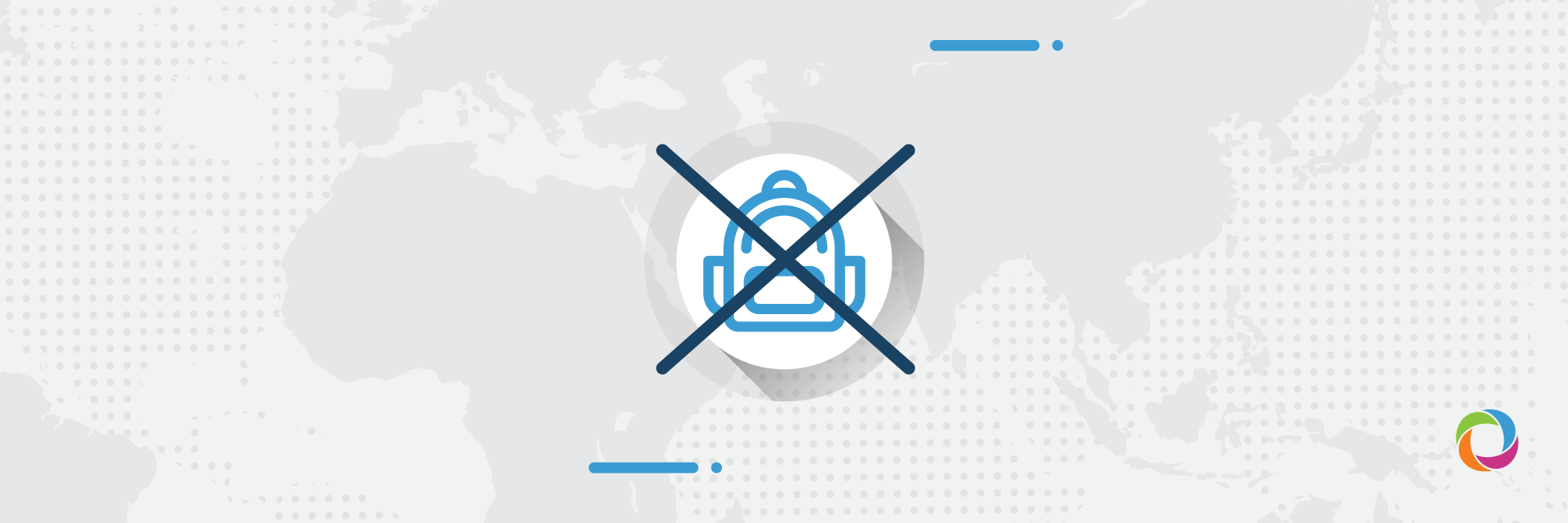Ahead of International Child Right’s Day which falls today, UNICEF released a new report on Thursday warning of the dire consequences for children as the COVID-19 pandemic progresses towards its second year. The majority of children in Nepal are found to have been deprived of their fundamental rights to education and wellbeing due to the indefinite closure of schools.
In addition to the constitutional guarantee for free and compulsory education, the Children’s Act endorsed by the Government of Nepal in 2018 paved the way to respect, protect and fulfil the rights of children in Nepal. This Act built upon national and international instruments intended to promote children’s rights including the Convention on the Rights of the Child (CRC).
Nevertheless, around 3% of children aged between five and nine are deprived of education, according to a report by the Department of Education, and about 8% of children aged between five and 12 years of age do not attend school. This situation has further escalated as schools in Nepal have remained closed for the last six months due to the fear of the spread of COVID-19.
The Government of Nepal imposed a full lockdown on 24 March 2020 and subsequently reopened tourism businesses and hotels by the end of July. Transportation services including domestic and air services, however, were suspended until August 17. Unfortunately, schools remain closed with very limited access to alternative methods of teaching including virtual lessons. Furthermore, virtual classes are not only costly but also unfeasible as many students across the country do not have internet access. According to the Economic Survey of Nepal (2020), only 12% of public schools across the country offer internet-based study.
A report entitled Assessment of Child Wellbeing during COVID-19, carried out in July this year by Consortium Nepal with support from World Vision International found that over 88% of children are upset because of school closures while less than one-third of children have access to online or alternative classes run by their schools. The report also revealed that less than 20% of government representatives believe that alternative education is effective.
The report stated that there is an unchecked flow of distorted information about COVID-19 and related issues with over 23% of parents claiming most of the information in circulation, especially on online platforms, is either fake or inaccurate. This study also recommends that the government should plan to reopen access to education with effective and accessible alternative methods to ensure child learning follows the necessary safety measures.
Meanwhile, the UNICEF report released on Thursday stated that, while children can transmit the virus to each other and to older age groups, there is strong evidence that with basic safety measures in place, the net benefits of keeping schools open outweigh the costs of closing them. Schools are not the main driver of community transmission and children are more likely to get the virus outside of school settings, the report added.
The time has come for the authorities in Nepal to consider reopening schools to ensure the wellbeing of children. Equally important is to consider offers with a special compensation package to the poorest families who have been badly affected by COVID-19, losing their jobs and daily income, and who are less likely to send their children back to school once classes are resumed.


